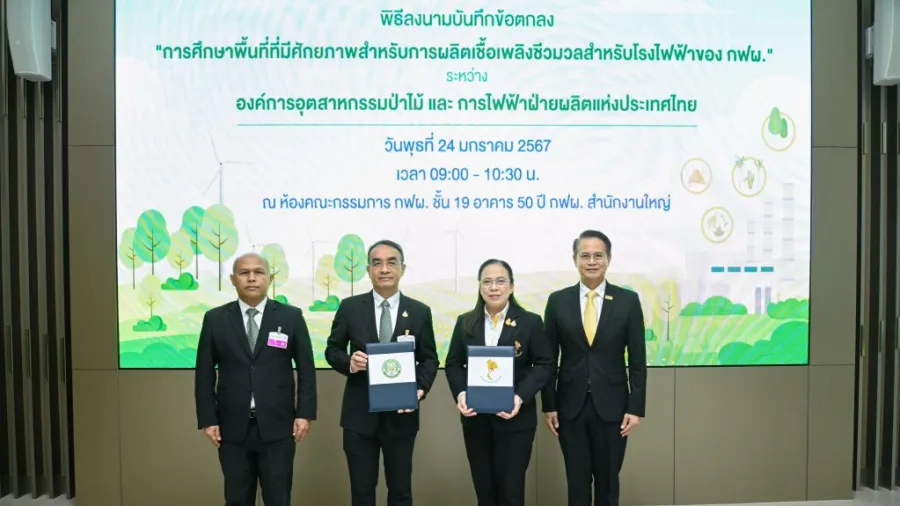
EGAT to explore areas to grow crops for biomass fuel production
The company will be co-firing coal and biomass in the Mae Moh Power Plant.
The Electricity Generating Authority of Thailand (EGAT) signed a memorandum of understanding with the Forest Industry Organization (FIO) to collaborate in studying potential areas to grow crops that will be used as biomass fuels for EGAT’s power plants.
In a statement, EGAT said Acting Governor Jiraporn Sirikum said the location to plant fast-growing crops is needed in combining biomass fuel with coal for the Mae Moh Power Plant in Lampang Province.
ALSO READ: How EGAT contributes to powering Thailand’s energy transition
The acting governor added that the initiative will not only reduce carbon dioxide emissions but will also promote community participation by creating job opportunities. It will also provide revenue from producing biomass fuel.
EGAT looks at biomass as an alternative energy source for its energy transition.
The memorandum was signed by Sirikum and FIO Managing Director Sukit Junthong.
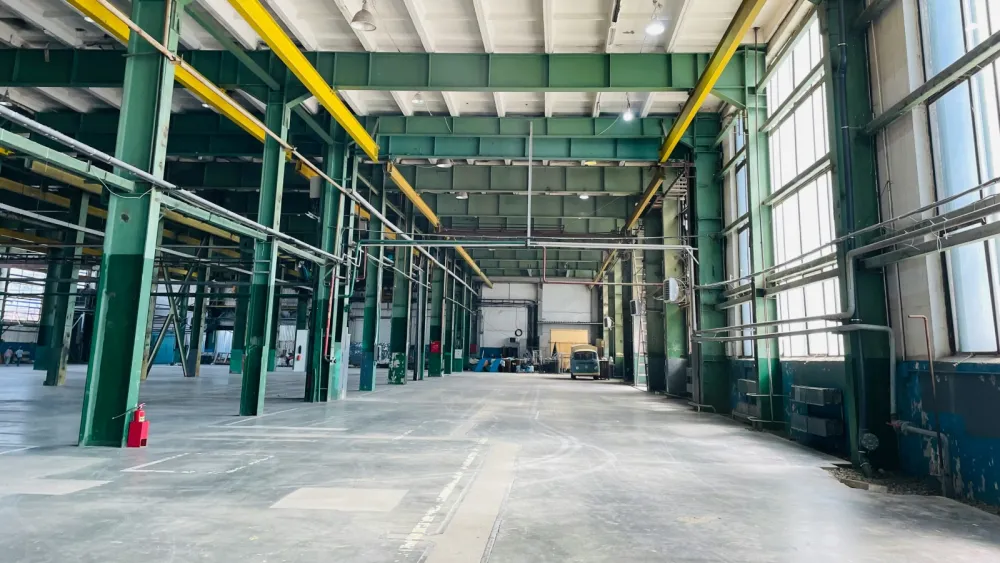
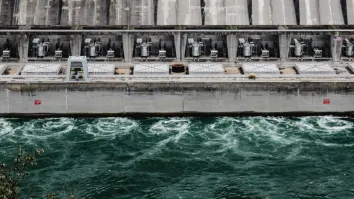
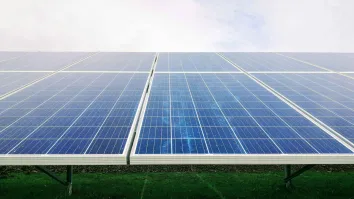
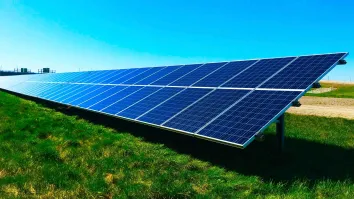
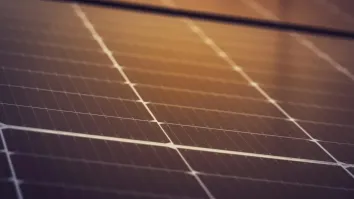













 Advertise
Advertise






